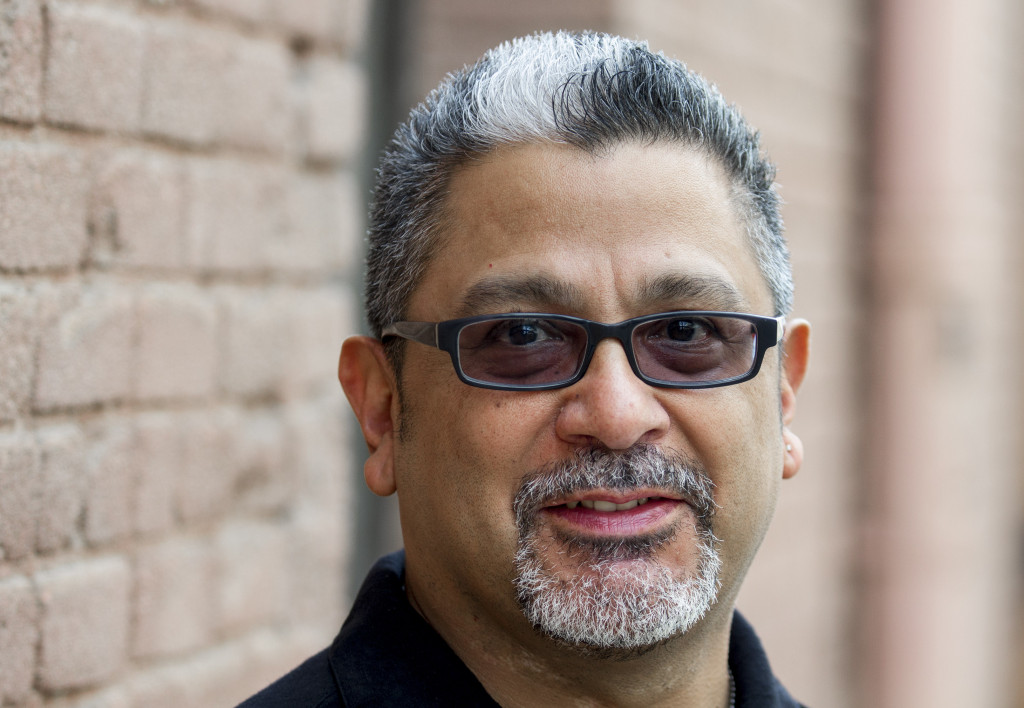By LEONEL MARTINEZ
More than 30 years ago, I became the first member in my farmworker family to go to college.
I chose Bakersfield College, a 2-year community college, instead of a 4-year institution because the cost was low and it allowed me to live at home, staying close to my family and friends.
Every weekday, I jumped on my motorcycle and rumbled 20 miles from my Arvin home to the college campus, even when it was freezing outside. My grandfather, who raised me while working in the fields for most of his life, knew the importance of a good education. That’s why he took out a loan; he couldn’t have afforded to buy me the motorcycle otherwise.
I remembered those times recently when President Obama proposed making two years of community college tuition free for all students who earn an average grade of C-plus or higher and go to class at least half-time.
“I want to spread that idea all across America, so that two years of college becomes as free and universal in America as high school is today,” Obama said in his State of the Union Address last Tuesday.
The plan would cost an estimated $60 billion over the next 10 years. But before the majority Republican Congress shoots it down, legislators need to recognize just what community colleges offer students.
Beyond preparing me for a career in journalism, community college for me imparted lifelong lessons.
I grew up in a family of conservative Democrats that was anti-union, suspicious of the political demonstrations that became common in the 1960s, and loathed United Farm Workers Co-Founder Cesar Chavez. That’s why in 1980, the first presidential election after I was old enough to vote, I cast my ballot for Ronald Reagan.
Then I took a class on Chicano history at Bakersfield College that transformed my political views. In the years that followed, I became politically active, serving as a union shop steward, marching for immigration reform, and getting involved in several projects with the UFW, including a review of one of the early scripts for the movie, “Cesar Chavez.”
That political awakening began at community college.
But it wasn’t all about youthful idealism. My time at Bakersfield College also engendered in me a more pragmatic approach to education. In my first year there, my counselor emphasized that because graduation was only a few short years away, I better start taking a career more seriously.
So I made sure every class counted. I was doing A-level work in French, for example, when it struck me that I was probably never going to use that language on the job unless I moved to France or Quebec. So I switched to Spanish (even though I grew up speaking it), minored in that language, and have used it extensively in every job I’ve held. In the 15 years I worked as a reporter, I can’t even begin to count the number of times I got an important interview because I was fluent in Spanish.
But I learned something more personal in college as well: The importance of savoring friendships. I started my first semester with a handful of close buddies from high school, but over the next two years, they drifted away to new schools, new jobs, new lives.
We still visit every few years, but it’s never often enough. Because community college is brief, relationships can come and go, which is good preparation for the real world.
That’s how life is, but I wish I had realized it sooner.
A few days ago, Bakersfield College was named one of 15 test sites as part of a statewide pilot program that will allow community colleges to grant 4-year degrees. My alma mater deserves that distinction, and so do the thousands of California residents for whom college remains out of reach.
Community college changed the direction of my life. Through the program proposed by President Obama, I hope it can do the same for others.
Leonel Martínez is a regular contributor to the South Kern Sol and can be reached at columnista1@gmail.com.
